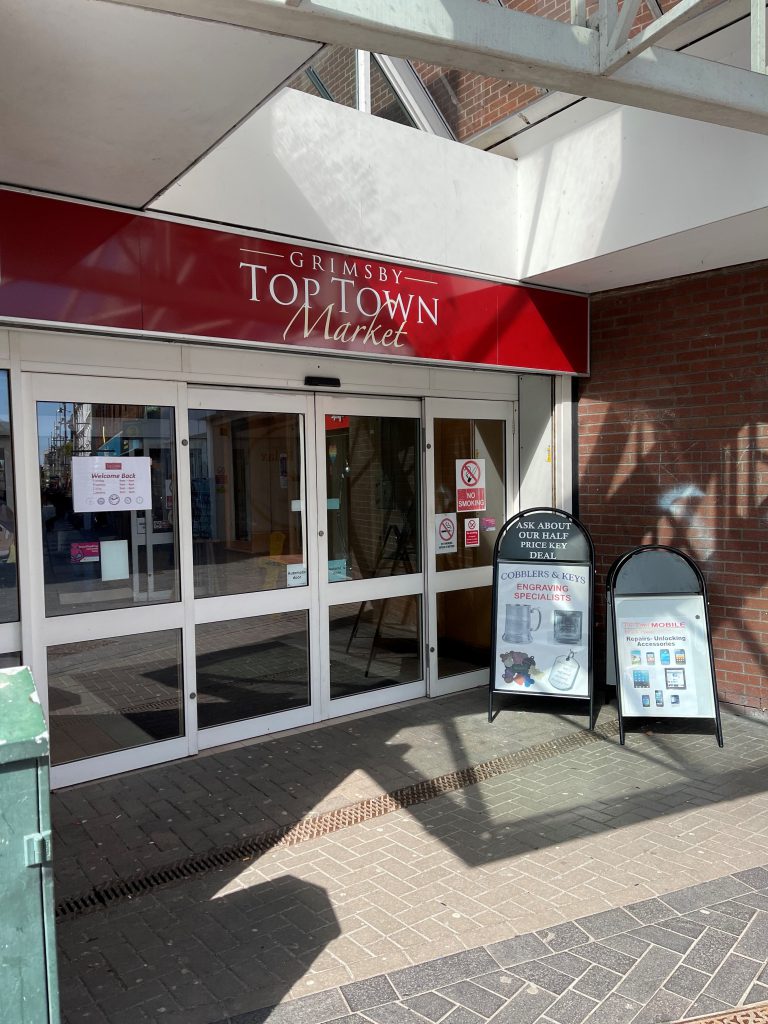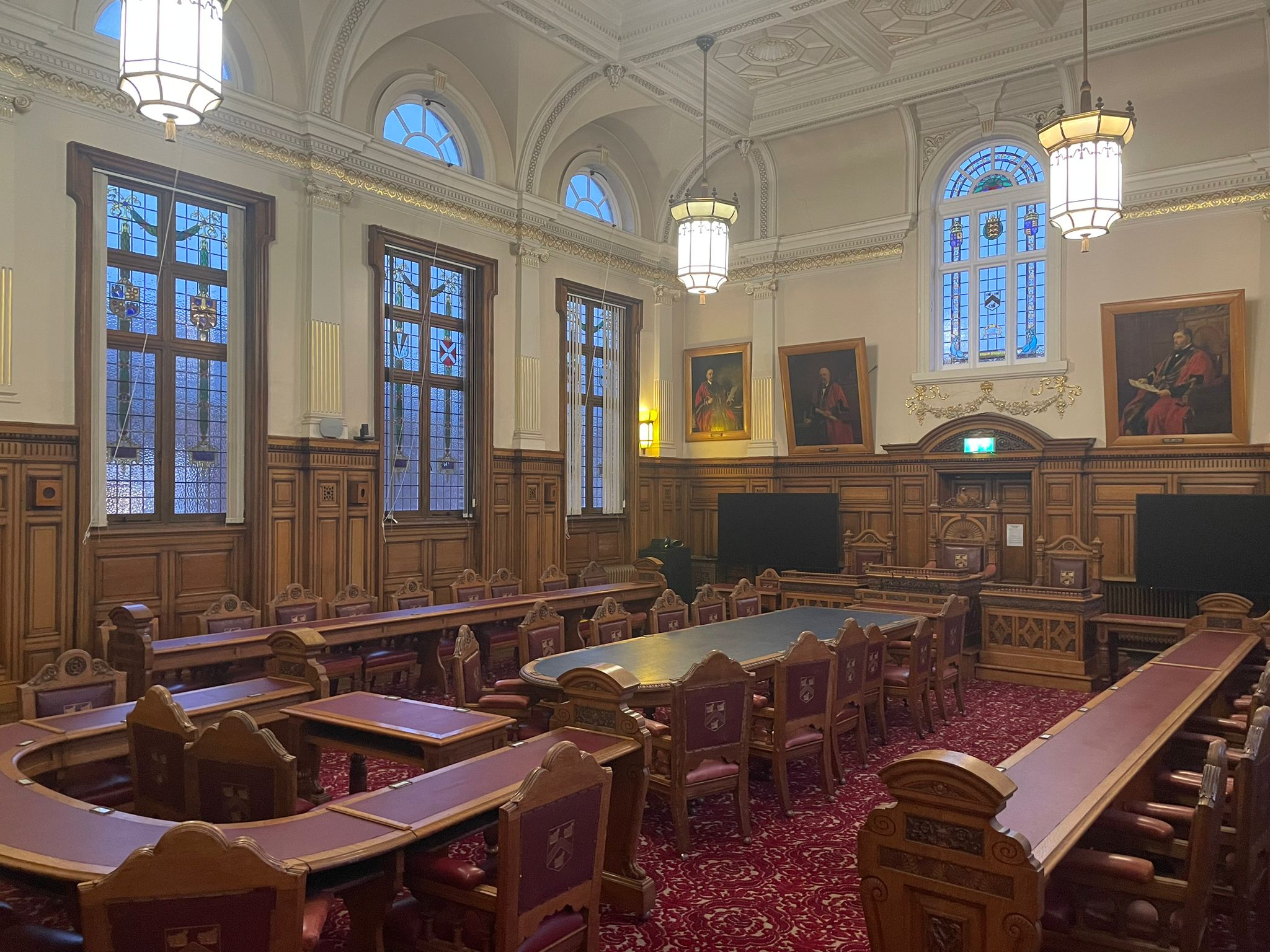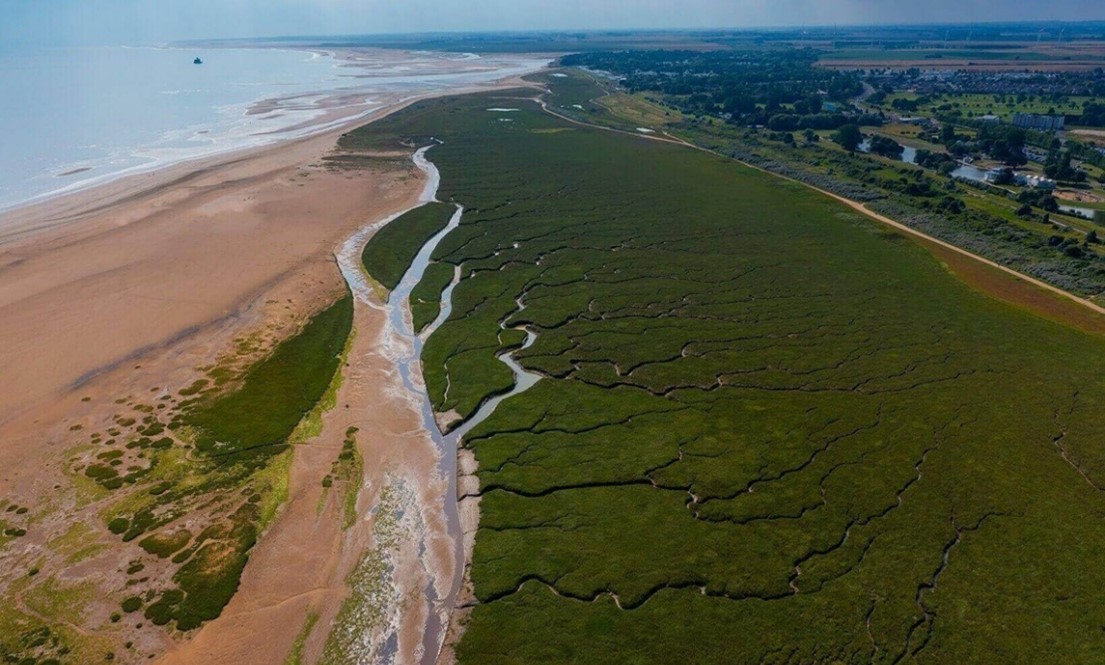North East Lincolnshire residents are set to benefit from government-backed training programmes so they can benefit from new job opportunities in the clean energy sector, as part of the government’s Plan for Change and clean energy superpower mission.
Aberdeen, Cheshire, Lincolnshire (to specifically include North East Lincolnshire) and Pembrokeshire have all been identified as key growth regions for clean energy, with flourishing offshore wind, nuclear, and solar industries. Local partners will receive funding to identify the skills support that is needed in their area to deliver clean power by 2030 – which will protect households and businesses from unstable fossil fuel markets for good.
Funding could go towards new training centres, courses or career advisers – supporting local people into opportunities in industries such as welding, electrical engineering, and construction.
Alongside this, the government has delivered on a longstanding campaign to help oil and gas workers access opportunities in clean energy jobs by launching a “skills passport”, in collaboration with industry and Scottish Government. Oil and gas workers will be able to access the skills passport online, which will initially help them identify routes into several roles in offshore wind including construction and maintenance.
These initiatives will help build the pipeline of skilled workers needed to deliver clean power by 2030, which will unlock £40 billion of investment a year and reindustrialise Britain with thousands of good jobs across the country. This underscores the government’s commitment to deliver a jobs-rich clean energy transition, putting communities and trade unions at the heart of the UK’s clean energy future.
Energy Secretary Ed Miliband, said: “Our Plan for Change to deliver clean power is not just about protecting households and businesses from the rollercoaster of fossil fuel markets, it is also about reindustrialising Britain with thousands of well-paid, good union jobs in industrial communities.”
Many of the skills required for the transition already exist, with research from Offshore Energies UK showing that 90% of oil and gas workers have skills that are relevant to the clean energy transition.
From today (22 January), workers will be able to create an account to access the four career pathways currently available, helping them identify where their existing qualifications are recognised. Led by Renewable UK and Offshore Energies UK, and supported by the UK and funding from Scottish Government, the tool will be expanded over the coming year to recognise other pathways from oil and gas into the renewable sector.
Funding will initially be given to Cheshire West and Chester, North and North East Lincolnshire and Pembrokeshire, as significant work identifying skills has already been done for Aberdeen. All four areas will be considered for further funding for targeted measures such as new training centres and courses to upskill workers. This could support the offshore wind sector in South Wales, or nuclear fuel cluster in Cheshire. Around £1 million will be available for each area, with local and devolved partners empowered to develop their own plans for how best to target the funding.
Employers will also get a handbook which highlights where businesses can access support to grow and upskill their workforce. This will include, for example, sector-based work academy programmes which help jobseekers into the sector, ensuring they have the necessary skills to deliver clean power by 2030.
Jack Hayhoe, Head of Net Zero Programme at Midlands Net Zero Hub, said: “Midlands Net Zero Hub welcomes the announcement of the Regional Skills Pilot. The creation of skilled workers is vital to achieving the UK Government’s 2030 clean energy mission, and through the training schemes that the Hub has supported, we can see the interest in green jobs continues to grow.
“Our research into the Low Carbon Environmental Goods and Services sector has demonstrated that a strategic approach to addressing skills gaps can unlock nearly £15bn of economic growth in the region over the next five years. Not only will this work bolster the economy, the net zero transition will be transformational for communities in the Midlands, who are at the heart of our decarbonisation efforts. We look forward to working with government to identify and overcome the challenges around growing skills in the region that will support the transition to net zero.”
In response to today’s announcement, Cllr Philip Jackson, Leader and Portfolio Holder for Economy, Regeneration, Devolution and Skills at North East Lincolnshire Council, welcomed the news and stressed just how vital this work was.
“Empowering our residents to unlock their potential and achieve their goals is critical to the future of our borough – if we are to improve health and prosperity within our communities, we must work together to ensure our people are able to take the opportunities that exist here,” he said.
Recent evidence from Humber bank industry suggests that green energy creation, decarbonisation and hydrogen opportunities are likely to create more than 32,000 jobs across the Humber by 2040.
Cllr Jackson highlighted how the new Council Plan, to be released in April, talks of the authority’s commitment to supporting a ‘Stronger Economy’ and ‘Stronger Communities’ – and a crucial part of achieving this is to improve skills.
“As our plan outlines, our ambition is for our people to be equipped with the skills they need. We know the demand is here and we do have a skills gap that must be closed. I am pleased that this has been recognised and we have been presented with this opportunity.
“We now look forward to working closely with Midlands Net Zero Hub (and the Department for Energy Security and Net Zero) to look at things that will support our residents and the sector,” he added.
Article from NELC.



